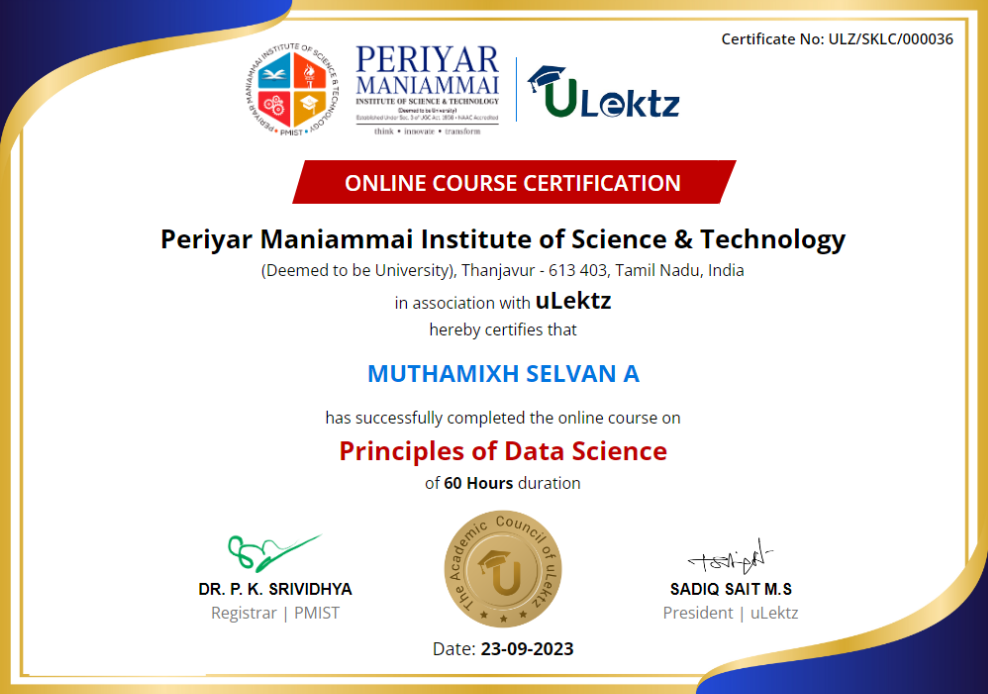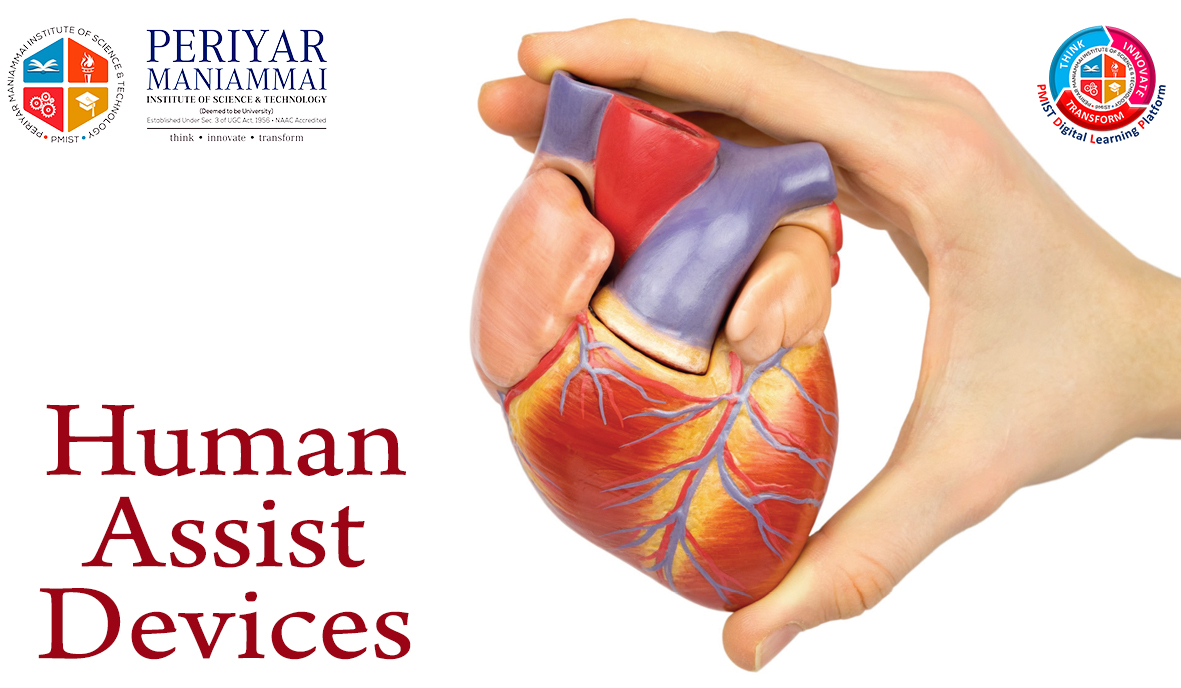

Note: Please check your Spam or Junk folder, in case you didn't receive the email with verification code.
Linear: Sequential Order
The field of human assist devices represents a remarkable convergence of engineering, medicine, and innovation. These devices not only extend the lives of patients but also significantly improve their quality of life. This book, "Human Assist Devices," aims to provide a comprehensive overview of the critical technologies and innovations in this field. This course is structured into 5 modules, each focusing on a specific category of human assist devices.
This module delves into the intricacies of the heart-lung machine, a pivotal device used in cardiac surgeries to take over the function of the heart and lungs during procedures. It also explores the development and functionality of artificial hearts, devices designed to support or replaces the human heart, thereby offering a lifeline to patients with severe cardiac conditions.
 HAD - Heart Lung Machine and Artificial Heart
HAD - Heart Lung Machine and Artificial Heart
 HAD - Module 1 - Assessment
20 Questions
HAD - Module 1 - Assessment
20 Questions
Renal failure is a critical health issue, and the development of artificial kidneys has been a significant milestone in medical science. This chapter discusses hemodialysis, peritoneal dialysis, and the advancements in wearable and implantable artificial kidneys, offering insights into the technology and its impact on patients' lives.
 Artificial Kidney
Artificial Kidney
 HAD - Module 2 - Assessment
20 Questions
HAD - Module 2 - Assessment
20 Questions
Respiratory assist devices, such as ventilators, are vital for patients with respiratory failure. This chapter covers various types of ventilators, their operational mechanisms, and the advancements in respiratory support technology, ensuring that patients receive optimal care during critical periods.
 Respiratory Assist Devices
Respiratory Assist Devices
 HAD - Module 3 - Assessment
20 Questions
HAD - Module 3 - Assessment
20 Questions
Hearing impairment affects millions worldwide, and hearing aids have been instrumental in improving the auditory experience for many. This chapter explores the different types of hearing aids, their technological evolution, and the latest innovations in this field, providing a comprehensive understanding of how these devices enhance auditory perception.
 Hearing Aids
Hearing Aids
 HAD - Module 4 - Assessment
20 Questions
HAD - Module 4 - Assessment
20 Questions
This module discussed the recent trends and future directions in the realm of human assist devices. It focuses on Transcutaneous Electrical Nerve Stimulation (TENS), biofeedback mechanisms, and advancements in diagnostic and point-of-care platforms. These devices are created with the aim of enhancing accessibility, independence, and overall well-being for people with disabilities or those facing challenges in performing certain tasks.
 Recent Trends in TENs
Recent Trends in TENs
 HAD - Module 5 - Assessment
20 Questions
HAD - Module 5 - Assessment
20 Questions
 HAD - Final Assessment
50 Questions
HAD - Final Assessment
50 Questions
The certificate issued for the Course will have
Only the e-certificate will be made available. No Hard copies. The certificates issued by Periyar Maniammai Institute of Science & Technology (PMIST). can be e-verifiable at www.ulektzskills.com/verify.



 60 hours Learning Content
60 hours Learning Content 100% online Courses
100% online Courses English Language
English Language Certifications
Certifications